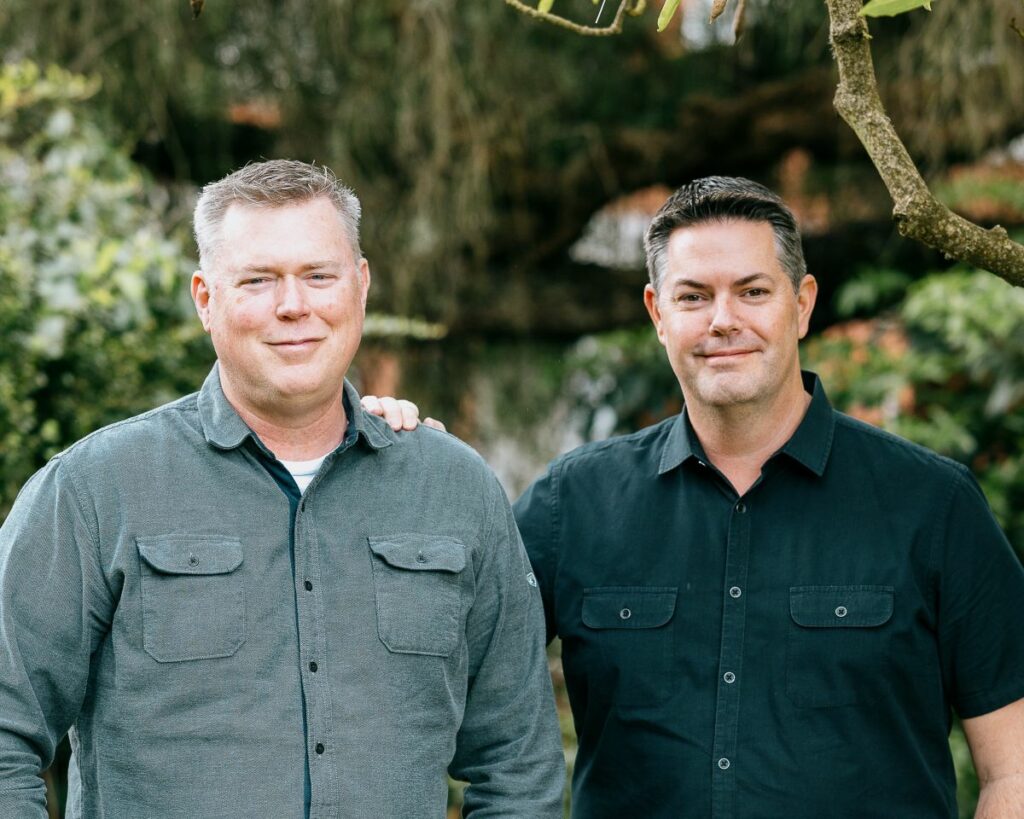Lance Riedel and Nigel Daley both spent decades in search discovery, but it was while working at Pinterest, to launch Pinterest Shopping, that they began to understand how search engines can do personalized searches for online shopping.
Most people expect online shopping to involve typing in a keyword then expecting a search engine, like Google, to do its magic and return a ranked result.
But the big magic they learned at Pinterest was how to use large language models and image identification AI to flip the script to tailor results not just to the keyword, but to a person’s previous actions, Riedel told TechCrunch.
The more a person interacts with this type of search engine, the more it learns their preferences, the better the shopping results.
They left Pinterest and started Vantage Discovery in 2023 to offer this search engine to brands that don’t have the kind of resources or expertise to do LLM and other forms of AI themselves.
For example, a shopper with a history of interacting with BoHo garments will get a vastly different result from a shopper with a history of interacting with streetwear when searching for something like, “a dress for a fun night out.”
But Vantage takes it a step further with image recognition. A shopper can also use its search engine to ask: show me more like this to surface related products to the consumer. And, the search engine can tap into the person’s Pinterest profile as well, to generate personalized shopping recommendations based on the items pinned on their board.
“In the kernel of our engine is a custom vector database, where we combine both the semantic understanding of the user query and the semantic understanding of the users personal style to retrieve the most personalized and targeted results in milliseconds across millions of items,” Riedel said.

Like most commerce-oriented search engines, the ranking of the results can be controlled by Vantage’s customer, which is the merchant or brand. “We can also re-rank results based on a custom model tuned to optimize our customers’ business metrics.”
The startup launched in early 2024, and is working with customers, including Cooklist, Koodos, West.co and Bookopolis. Daley declined to discuss exact revenue, but did say the company was earning revenue and is also “working with one of the largest retailers in the world.”
Vantage Discovery caught the eye of Twitter co-founder Biz Stone, who is part of the company’s recent $16 million Series A round. And is now a board member. This follows $4 million in unannounced seed funding that the company raised last year from Stone and Evan Sharp, co-founder of Pinterest.
“One of his other investments needed an intelligence platform that supported RAG, search and novel discovery features,” Riedel said. RAG is retrieval augmented generation, a natural language processing technique combining retrieval and generative AI models. “Biz was so impressed he invested in our seed round.”
The funding round was led by Lobby Capital and also includes participation from LoveFrom’s Jony Ive, who was Apple’s former chief design officer as well as Sharp, The Hive, Future Positive, and Common Metal. In addition to Stone, Lobby Capital’s David Hornik, who has invested in companies like Gitlab, Bill.com and Evite, is joining the Vantage Discovery board.
Meanwhile, Riedel and Daley said they are also interested in getting more deeply into so-called “merchandise tooling” which is the way online stores or search engines rank results. They want to add an AI touch to it.
“This is a space that has been around for a long time with merchandisers putting their thumb on the search scale and influencing it in certain ways,” Riedel said. “That’s important and needed by retailers, but we think we can remove some of the grunt work.”


